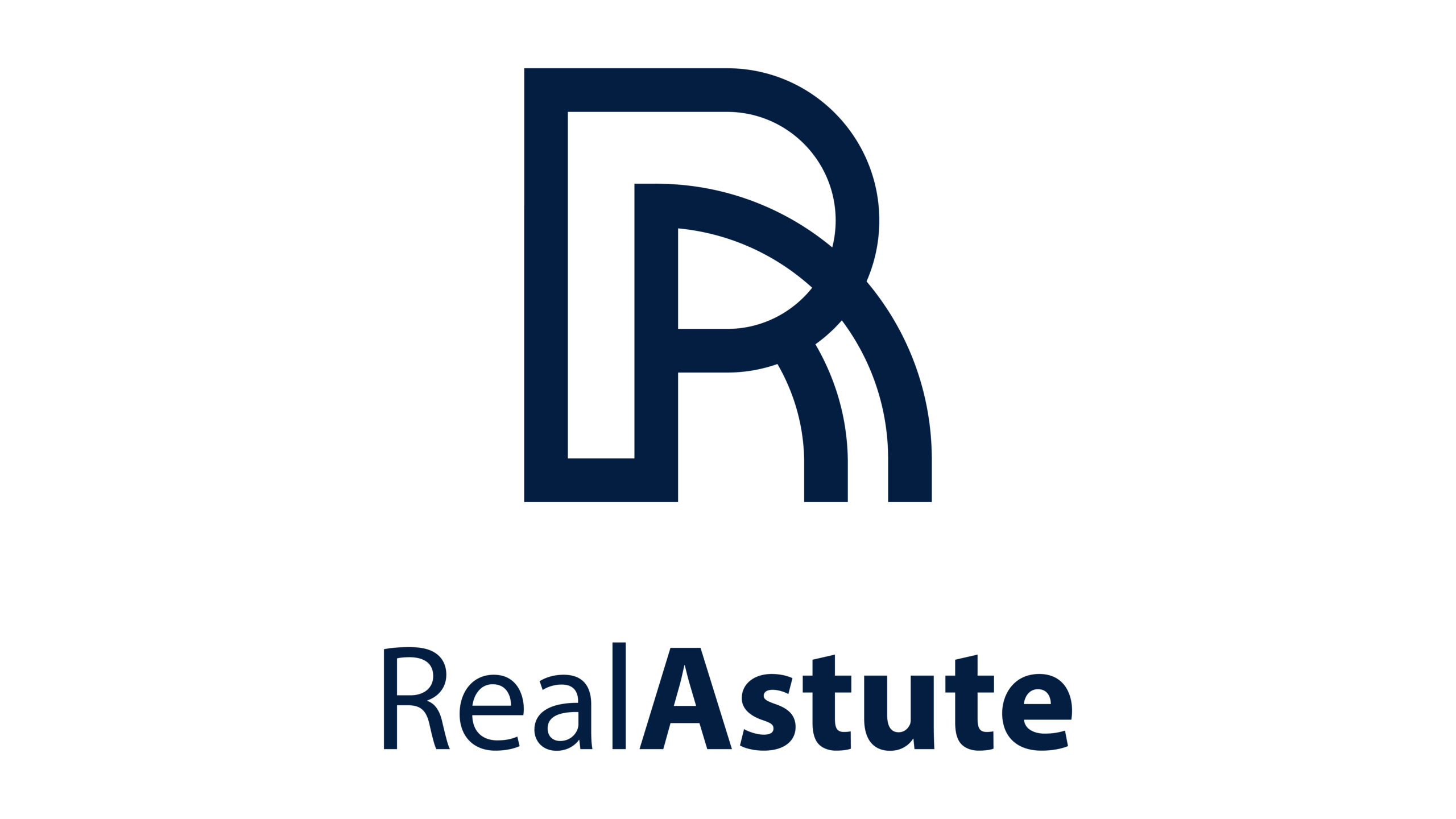
The Connection between Procrastination and Executive Dysfunction
By Kevin Shirley, Associate Broker (DC), ASP, GRI, e-PRO
Executive functions comprise mental skills that allow us to focus, plan, and remember instructions while juggling multiple tasks simultaneously. But if you are suffering from executive dysfunction, you may experience challenges in these activities.
In clinical terms, executive dysfunction covers an extensive range of emotional, behavioral, and cognitive struggles. Most of the time, executive dysfunction may occur due to some other disorder or brain injury. For instance, many people who suffer from ADHD also report symptoms of executive dysfunction.
Some of the most common symptoms of this condition are:
- Time blindness that links to the inability to plan or keep future events in mind.
- Difficulty aligning your actions to meet various long-term goals.
- Trouble in organizing materials and setting up schedules.
- Problems in controlling impulses and emotions.
- Difficulty in processing and analyzing information.
In professional settings, executive dysfunction is often linked to procrastination. Experts define procrastination as a failure in self-regulation with the inability to resist other pleasurable activities, social temptations, and immediate rewards. These individuals may also fail to maintain, initiate, and terminal actions in a goal’s direction.
If you feel distracted and find it difficult to concentrate due to procrastination or executive-function disorder, here are a few trusted strategies that may help:
Use a checklist
This idea works really well when you have many tasks to do daily like filing papers, sorting incoming correspondence, returning phone calls and checking emails, etc. Before you start your workday, it is good to prepare a list of all tasks you have to accomplish and not forget to mark them when they are done.
Avoid temptations
When you sit down to work, eliminate distractions by shutting your door and windows to keep noises and visitors out. It is also good to turn off email and social media notifications to avoid distractions. It may help you to stay focused on your work without spending time on social media feeds unnecessarily.
Set a timer
Setting deadlines for your work may help you to complete tasks on time and with enhanced efficiency. When you have so many things to do in sequence, set a timer for every task and make sure you do it within that limit. If specific tasks take longer, schedule reward breaks in-between to stay motivated to work.
Monitor yourself
It may be the most challenging task for many of us, but if you do regular monitoring of what you have worked on, what you have accomplished so far, and what is left behind, you may stay motivated. Even if you cannot track your performance alone, prefer to organize a weekly meeting with your countability partner, and discuss your progress. It may help you to get more work done with ease.
Once you can regulate your actions in the day to day life by following above mentioned tips and tricks, it will be easier to handle the symptoms of executive dysfunction and procrastination.






